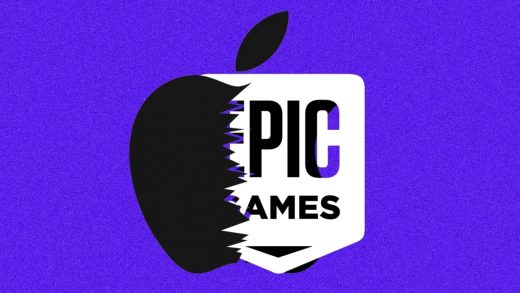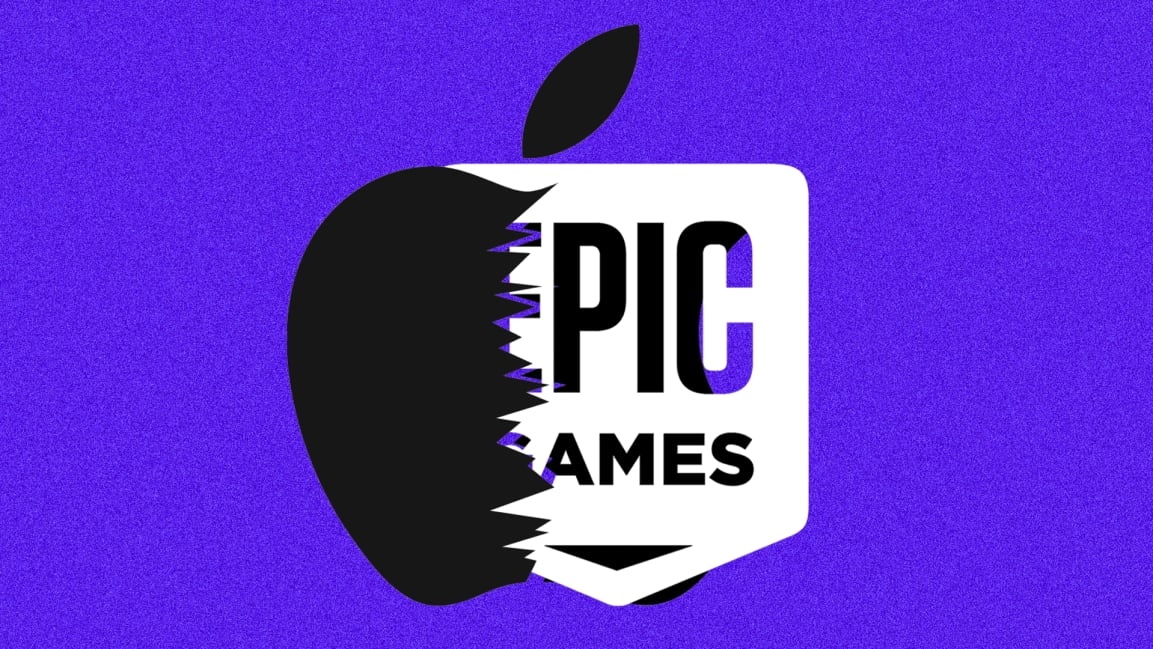In Epic case, Apple might win the battle and lose the war
No matter who prevails in the Epic Games v. Apple app store antitrust trial, history may see it as just one skirmish in a wider war.
Apple has a good chance of winning. Current antitrust laws—which are ancient—as well as decades of jurisprudence in U.S. courts make it very hard for plaintiffs to win antitrust cases. But Congress is now considering reigning in the monopoly power of companies like Apple through changes to antitrust laws or even through direct regulation of app marketplaces.
Indeed, my sources in Congress say lawmakers are watching Epic v. Apple, which is expected to wrap up this week in a federal court in Oakland, California, with great interest. Both the House antitrust subcommittee (led by Democratic Congressman David Cicilline of Rhode Island) and the Senate antitrust subcommittee (led by Democratic Senator Amy Klobuchar of Minnesota), have held hearings on app distribution through Apple’s App Store and Google Play.
During those hearings, app developers complained about the strict rules they must abide by in order to be listed in the App Store, which is virtually the only way developers can access the huge worldwide market of iOS device users. In the U.S., more than half of all mobile devices run iOS, and studies show iOS users spend far more money on apps and in-app purchases than other mobile users. Apple requires that apps use the App Store’s in-house payment system to sell goods or services within their apps, and it charges developers a commission of up to 30%. App developers are prohibited from selling their apps and many forms of digital services to iOS users any other way. Here’s the language from Apple’s own developer guidelines document:
“Apps may not use their own mechanisms to unlock content or functionality, such as license keys, augmented reality markers, QR codes, etc. Apps and their metadata may not include buttons, external links, or other calls to action that direct customers to purchasing mechanisms other than in-app purchase.”
Apple, of course, makes its own apps, such as Apple Music, and can give them better visibility within the App Store than competing apps from third-party developers. (Search for “Music” in the App Store, and Apple Music, not Spotify, is the top result.)
Developers are urging Congress to pass a law that limits the “gatekeeper” power of companies running app stores.
Epic complained of all of these things in the courtroom in Oakland but, at least in light of past court decisions, Apple has a compelling defense. It needn’t deny it operates a tightly controlled walled garden, only that it does so to keep apps malware-free and to present an attractive marketplace for app buyers.
The central point of the case may be the definition of the market for apps, including games. Apple wants the court to believe that consumers have a number of options for acquiring apps. Epic wants the court to believe that the only way for millions of consumers to get apps like its Fortnite is through Apple.
But as Creative Strategies analyst Ben Bajarin points out, Epic is a game developer, and because gaming consoles exist, gamers have a wider set of options for experiencing specific gaming titles. They can buy Fortnite in Microsoft’s Xbox store or the Nintendo store, for example.
Of course playing games on consoles is a far different experience than playing on a phone. But when defining the app market, the court may not make the distinction between console gaming and mobile gaming.
It’s also true that U.S. courts have set a high bar for plaintiffs by requiring proof that consumers themselves, not just companies, were directly harmed by anticompetitive practices. That may be the main reason we’ve seen a marked decline in the government bringing antitrust suits in U.S. courts in the past two decades. (As Columbia law professor Tim Wu points out, the U.S. brought 15 antitrust cases a year between 1970 and 1999, compared to just 3 between 2000 and 2014). Given the high legal bar they must clear, government lawyers are not confident they can win.
And the court must apply the antitrust laws as they are, and consider precedent cases as they were decided. The judge who will decide Epic v. Apple, Yvonne Gonzalez Rogers, said it this way in a response to Epic’s attorneys last year.
“To resolve it, the Court must apply the Sherman Act, California’s Cartwright Act, and California’s Unfair Competition Law—statutes enacted more than a century ago—to a technology context where lawyers and economists can merely hypothesize about the future of the digital frontier.”
That’s a big part of the reason the U.S. has stood idly by as companies like Facebook, Amazon, Google, and Apple have grown into behemoths. But now Congress is taking a long, hard look at how well 20th-century antitrust laws apply to 21st-century digital marketplaces. Congress may decide to retrofit the antitrust laws.
Indeed, Klobuchar has already introduced a bill that would create a new provision in the Clayton Act to prohibit “exclusionary conduct” that presents an “appreciable risk of harming competition.” Cicilline’s antitrust subcommittee in the House has recommended an overhaul of all three pertinent antitrust laws–the Clayton Act, the Sherman Act, and the Federal Trade Commission Act.
Gonzalez Rogers has made it clear that her court is aware of new information about Apple’s App Store policies unearthed by the House antitrust committee when preparing its report. Congress may pay equally close attention to new evidence introduced during the trial.
One of those pieces of evidence is a letter from Epic Games CEO Tim Sweeney to Apple CEO Tim Cook from 2015. Sweeney urges Cook to decouple his company’s compliance requirements from its policies on payment and distribution. In other words, Sweeney suggested that once an app was deemed safe and secure by Apple, the developer should be able to distribute it to iOS users through other channels, and charge for in-app purchases using its own payment system or third-party systems such as PayPal.
Developers such as Spotify, Match Group, and Tile are urging Congress to pass a law that limits the “gatekeeper” power of companies running app stores. It seems more likely, though, that Congress will end up retrofitting existing antitrust laws and strengthening antitrust enforcement agencies like the Federal Trade Commission. This might embolden the FTC antitrust division to sue companies like Apple and demand structural changes to the App Store like those Sweeney proposed.
Apple is very unlikely to make such concessions on its own. The company is relying on its services business—of which the App Store is a major part—to pick up the slack left by slowing growth in its number-one revenue source, iPhones. Tim Cook set a goal in 2017 to double the size of Apple’s services business by the end of 2020. It met the goal halfway through 2019, achieving App Store revenue of $50 billion. In 2020, App Store revenue grew to $64 billion, according to a CNBC estimate.
People love Apple phones, and for good reason. Once consumers are in the Apple ecosystem, they seldom leave. Apple expects a big payday from services such as the App Store for all the the product loyalty it’s built up over the years. It’s likely to be Congress, not a court in Oakland, that decides if app developers are the beneficiaries, or the victims, of that success.
(36)



